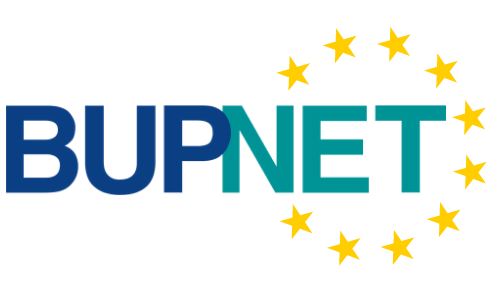In developing the training for trainers, it is important for us to recognise that when we talk about didactics for older people, older people are not a homogeneous group; there is no such thing as ‘the older person’. Therefore, we should be very careful when talking about older people in terms of a social group. Instead, we need to think of them as a heterogeneous group with a great personal diversity of prior knowledge, needs, interests and motivational factors.
When teaching seniors about fake news and critical thinking, it is important to make sure that it really meets the needs of the learning group. A needs-based approach is emphasised by many experts in the field. The motivation of older learners to engage with fake news on social media should be thoroughly researched and addressed. As research has shown that the majority of seniors are initially interested in acquiring basic IT skills, this should also be taken into account when developing educational opportunities in this area.
Age-appropriate didactics must take into account that older learners usually have a lot of practical knowledge and personal experience. Therefore, it is essential to link new knowledge and learning content to the existing knowledge and experience of the older learner. Moreover, if older learners can combine new information with personal experience or knowledge (e.g. information they can retrieve from long-term memory), they are more likely to remember it.
Of course there is more to consider – but we don’t want to anticipate everything here. Our training will be coming out soon, and we will have a whole chapter on this.
So stay tuned!

